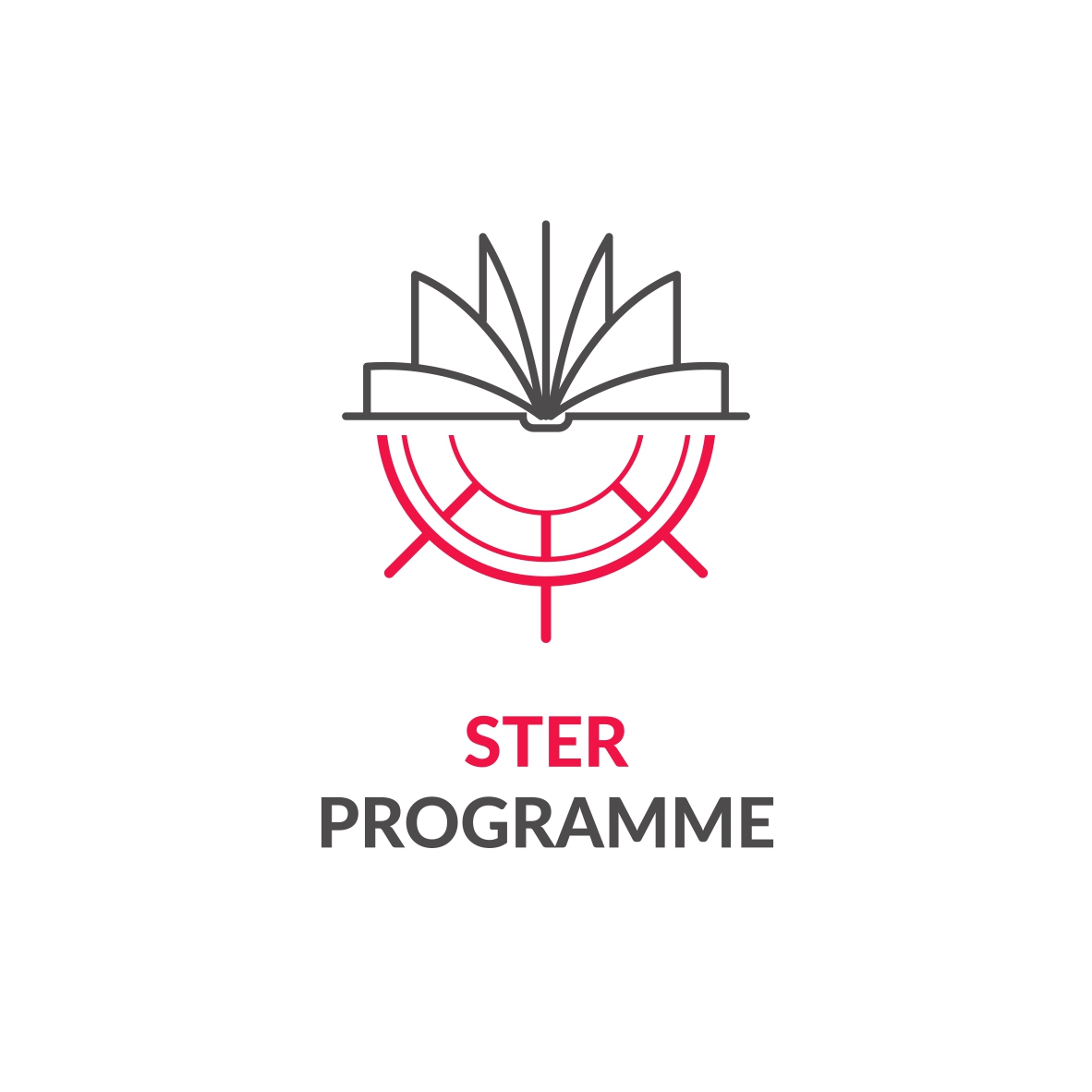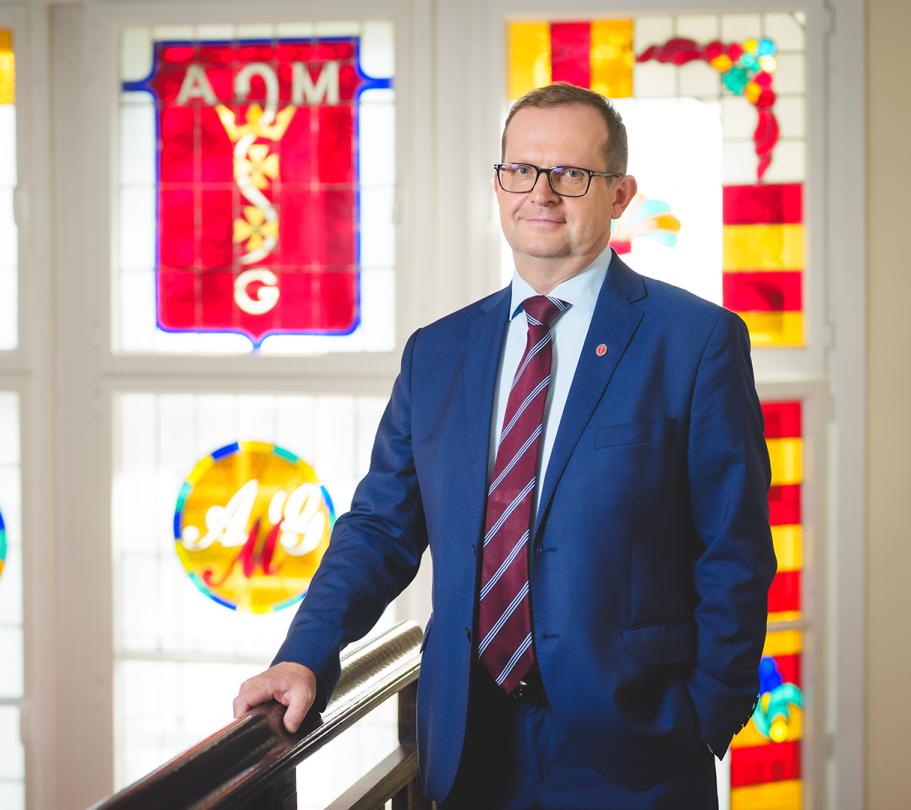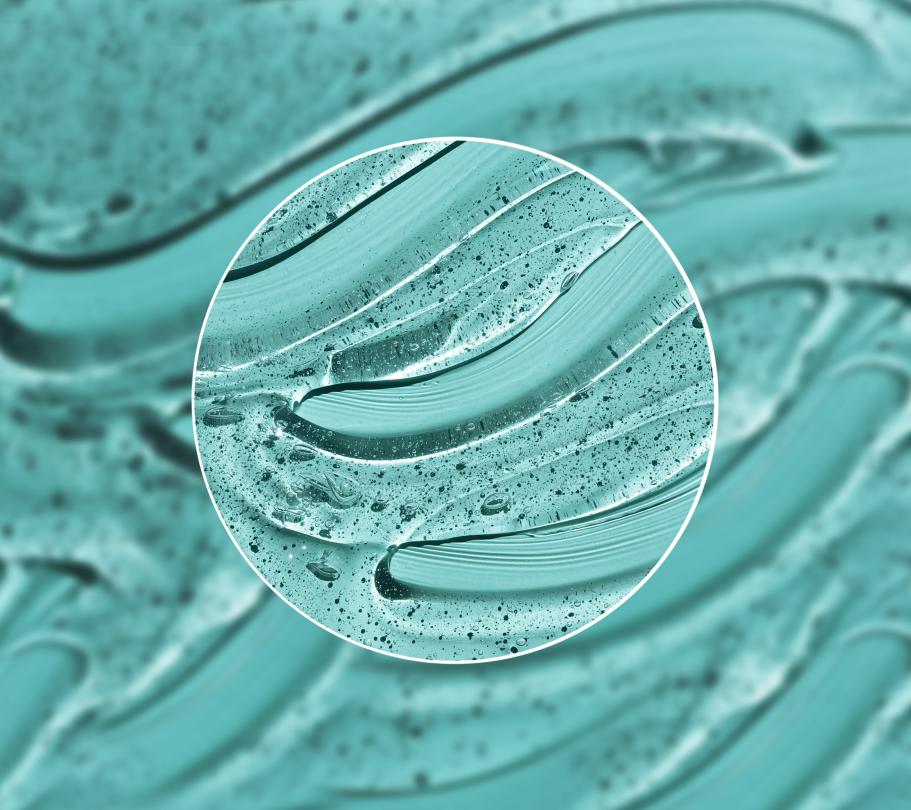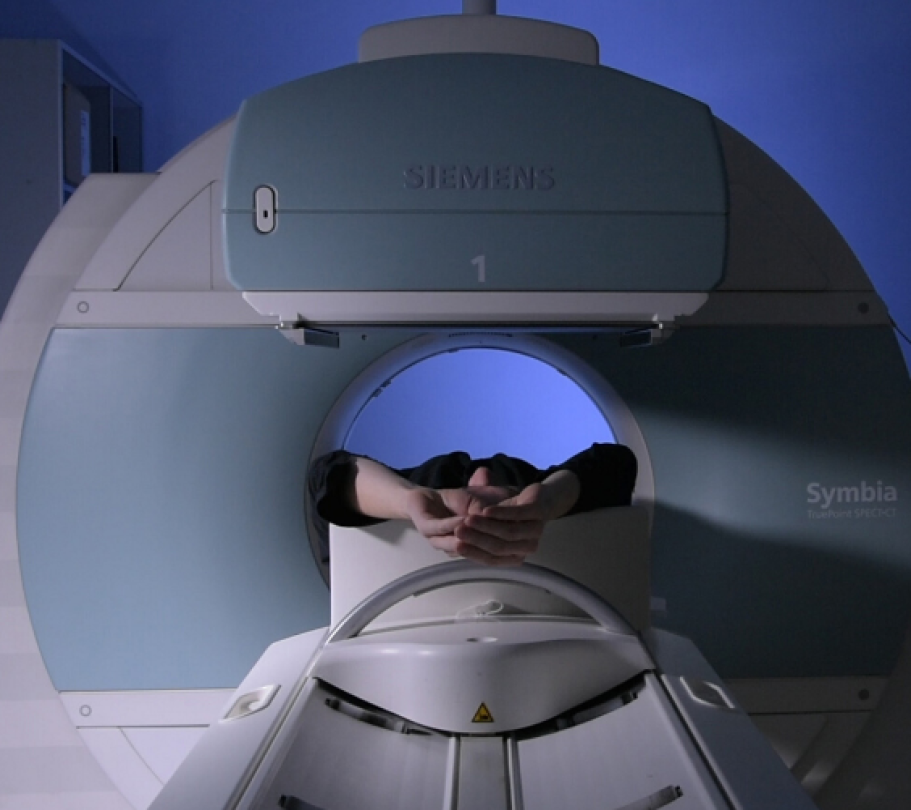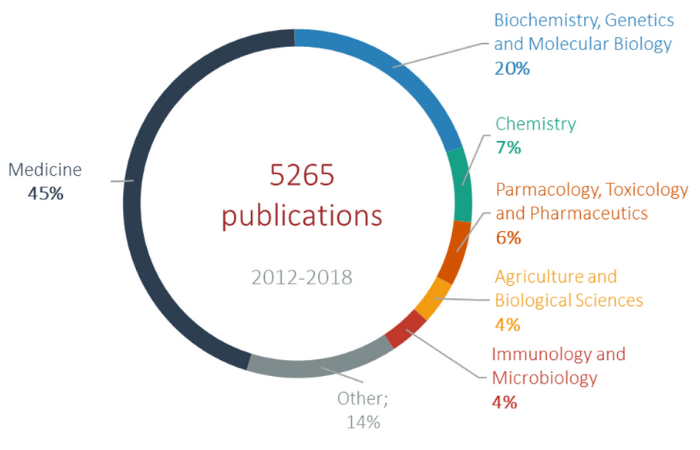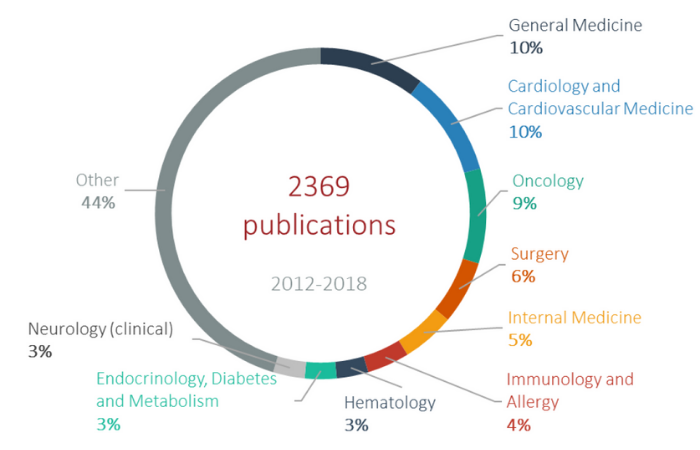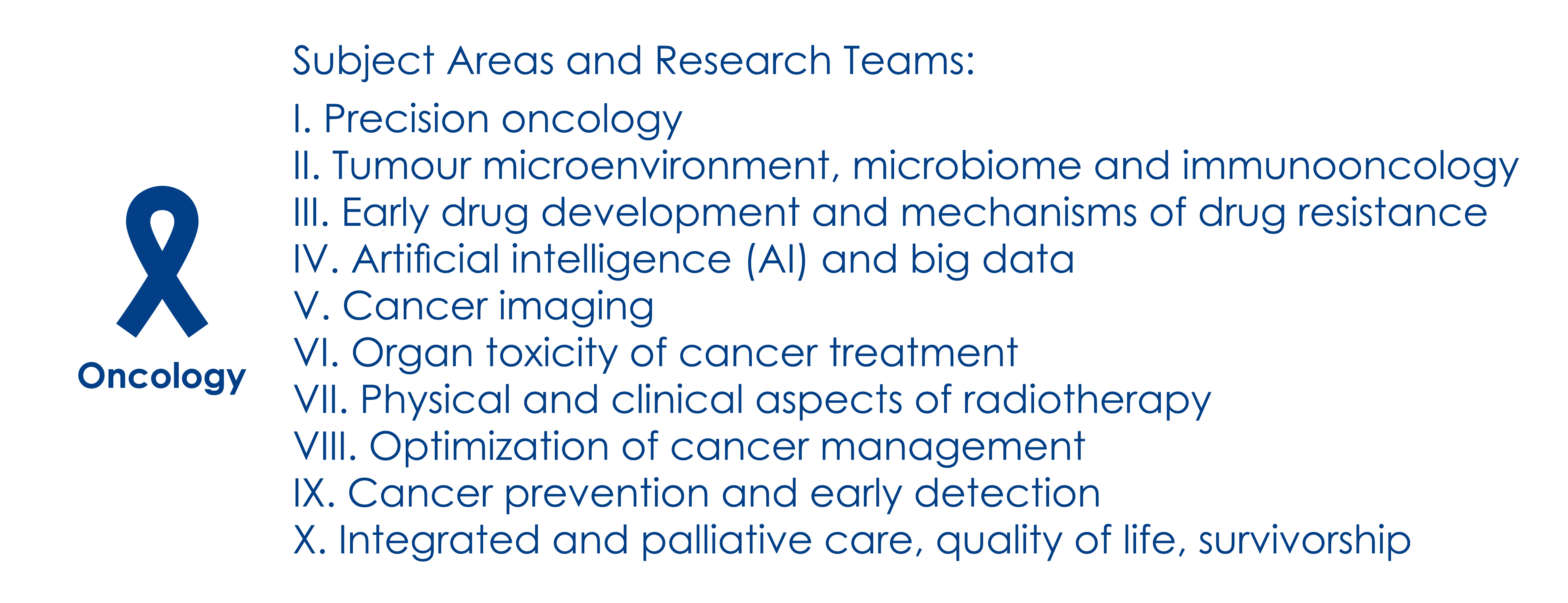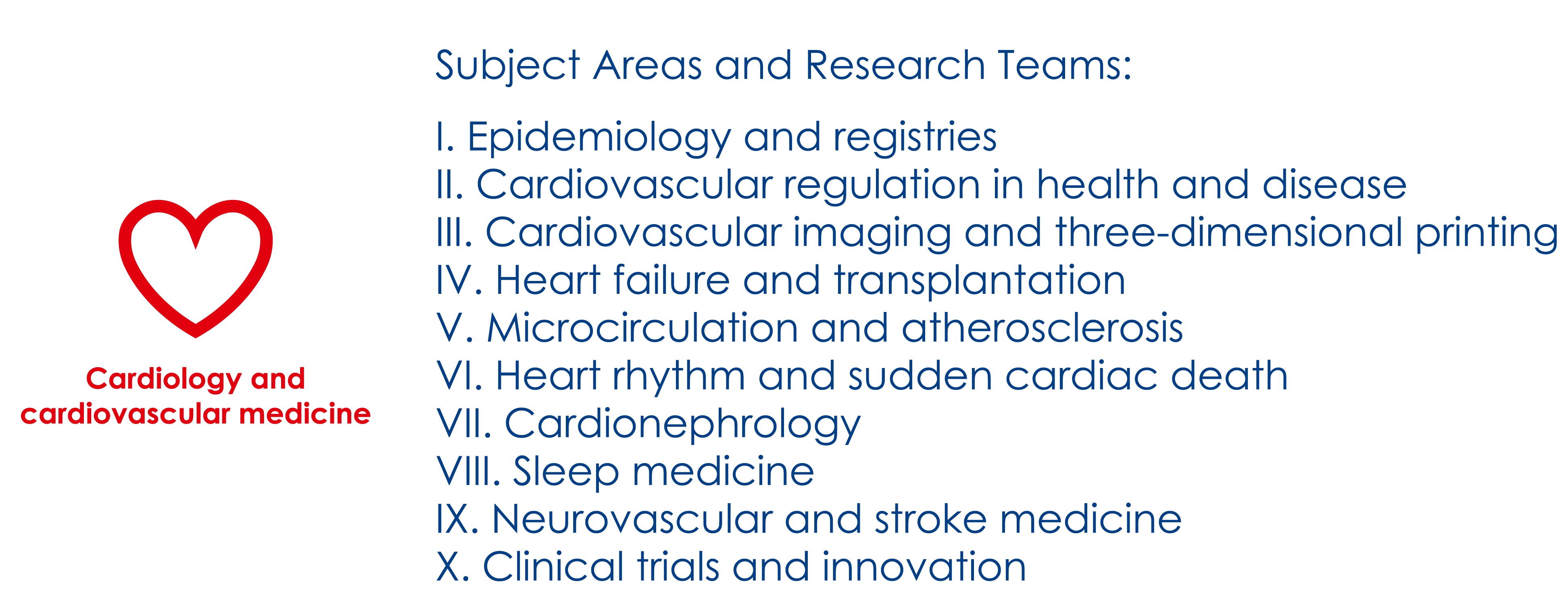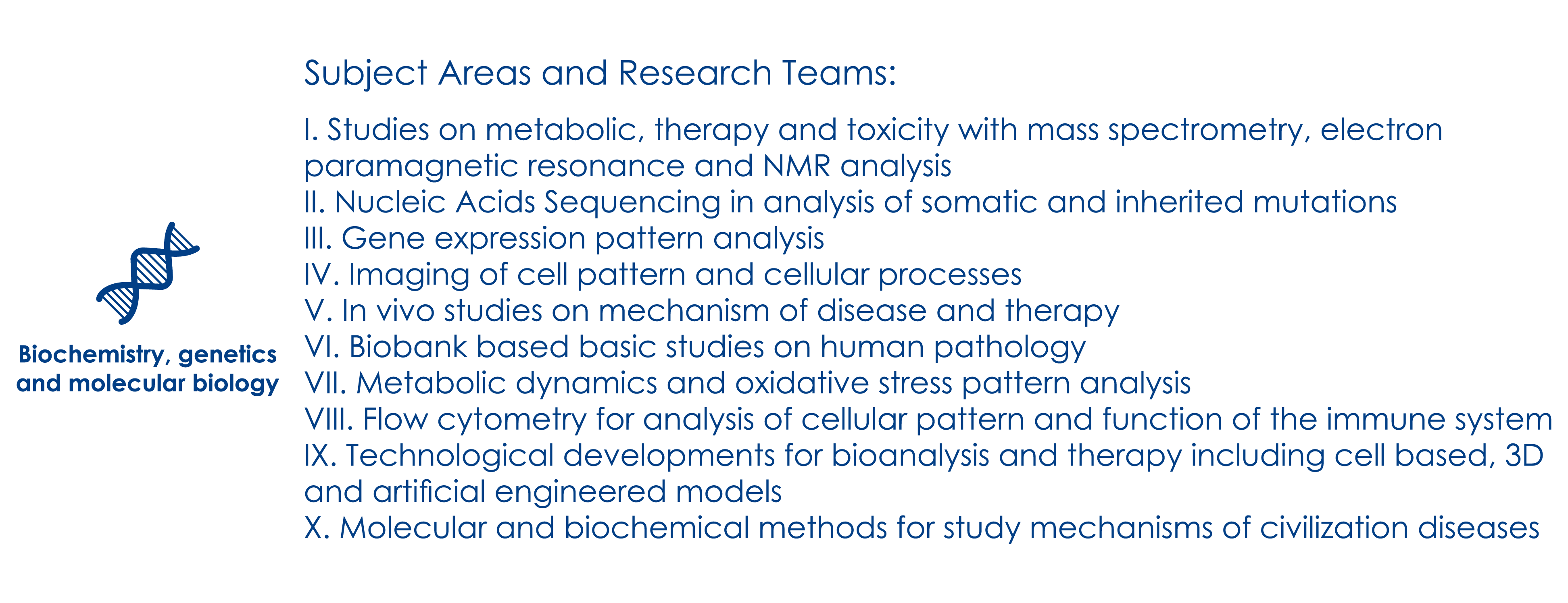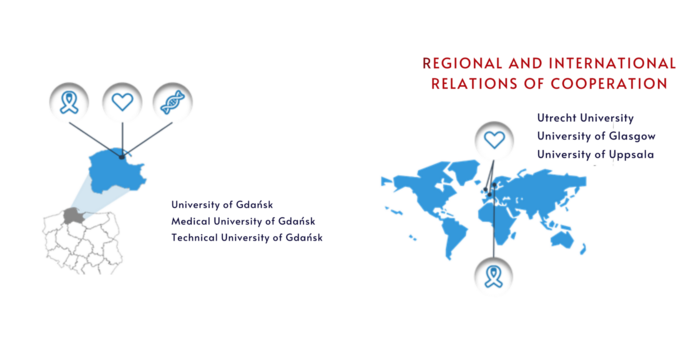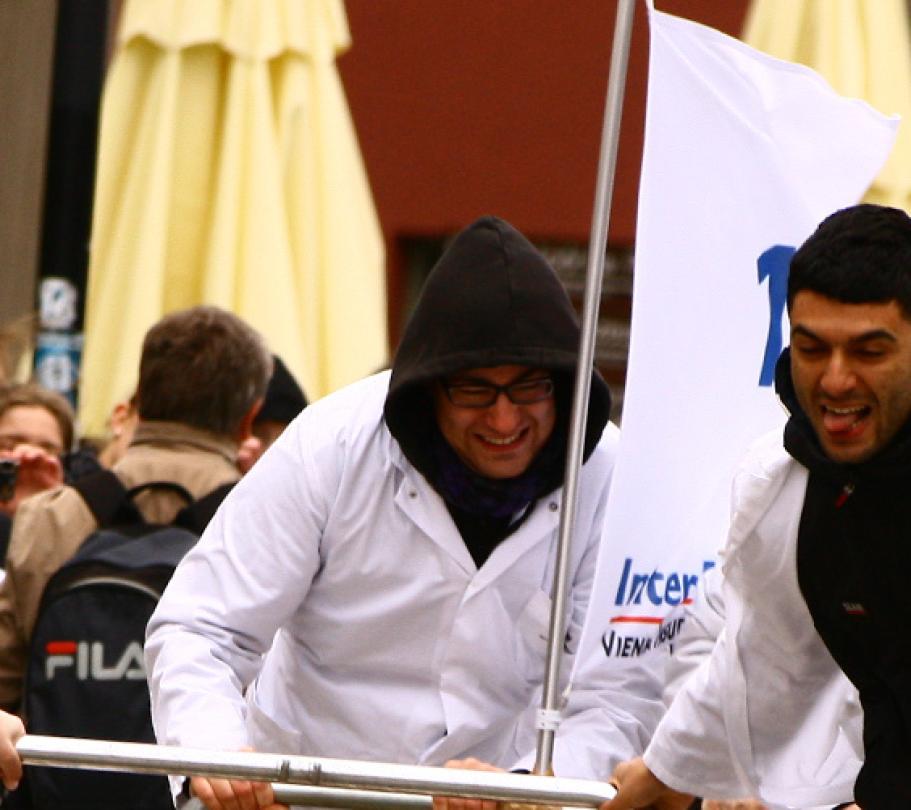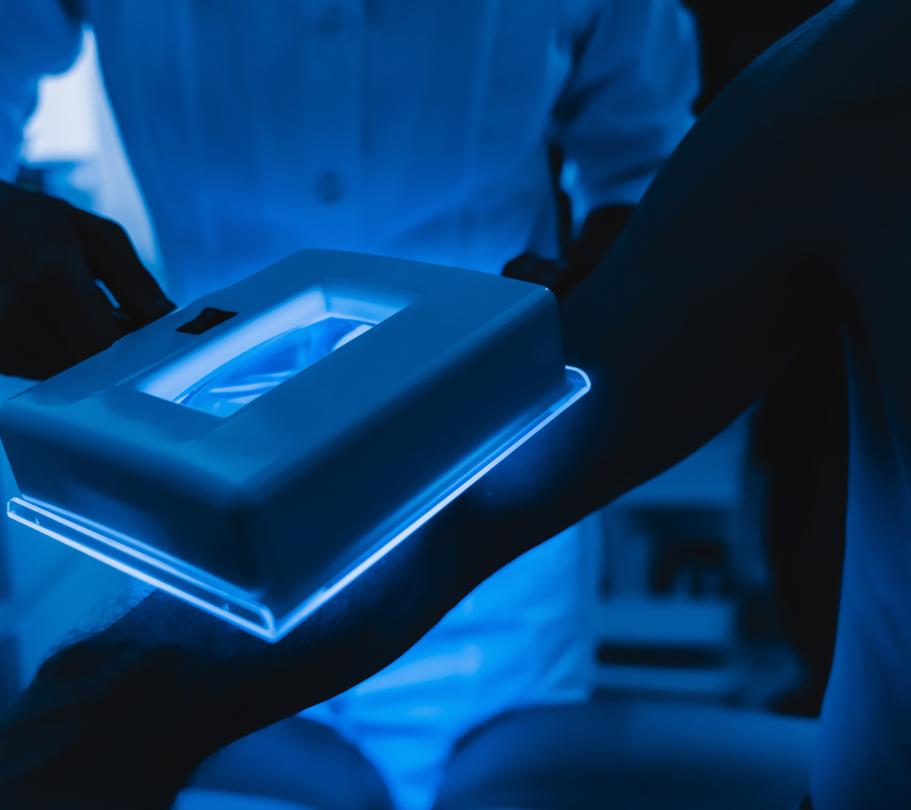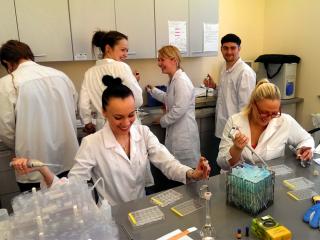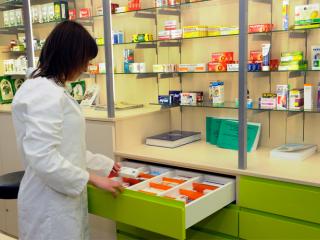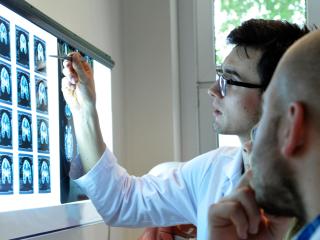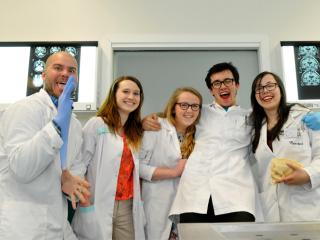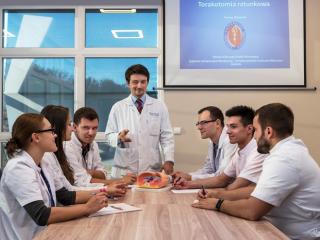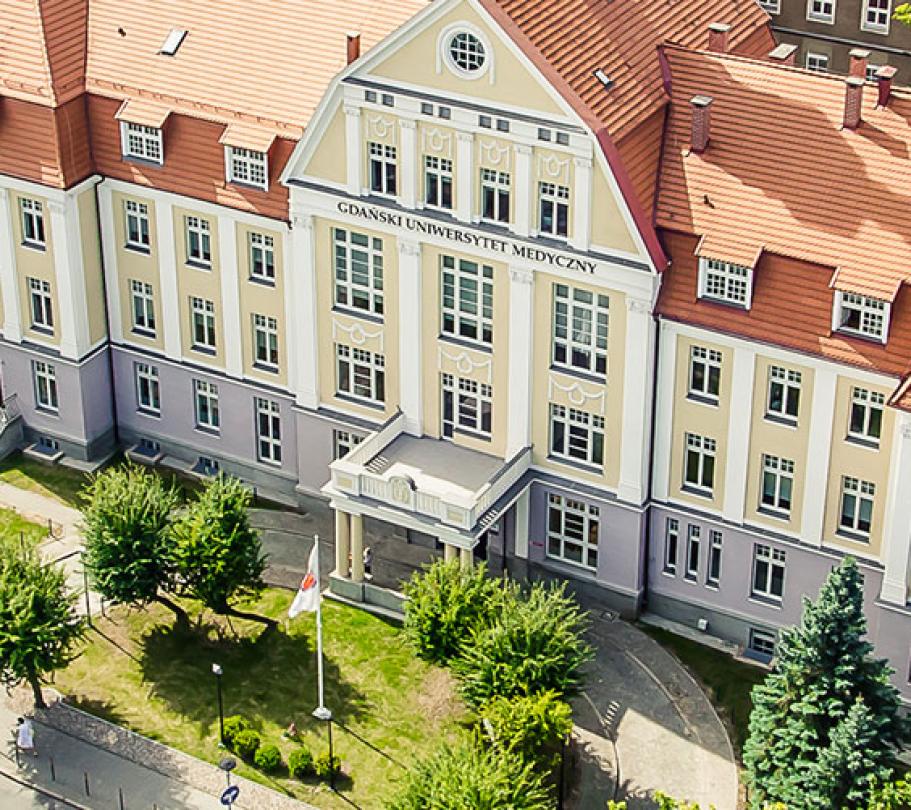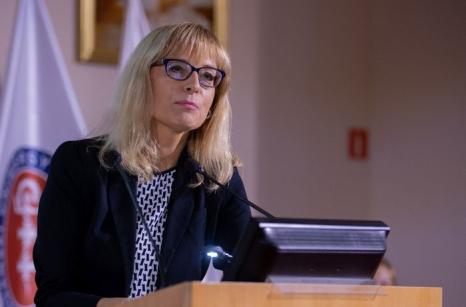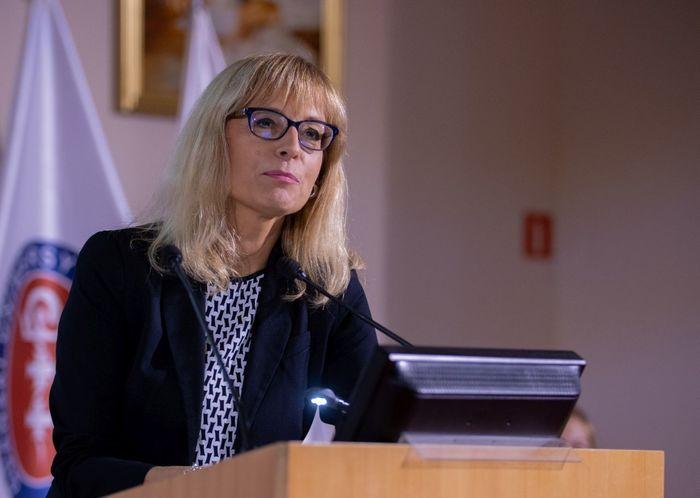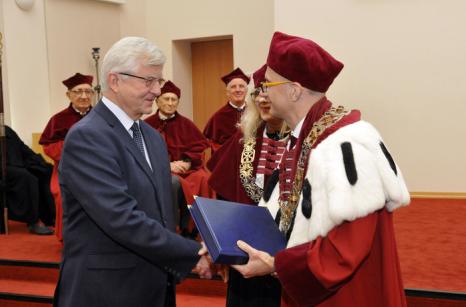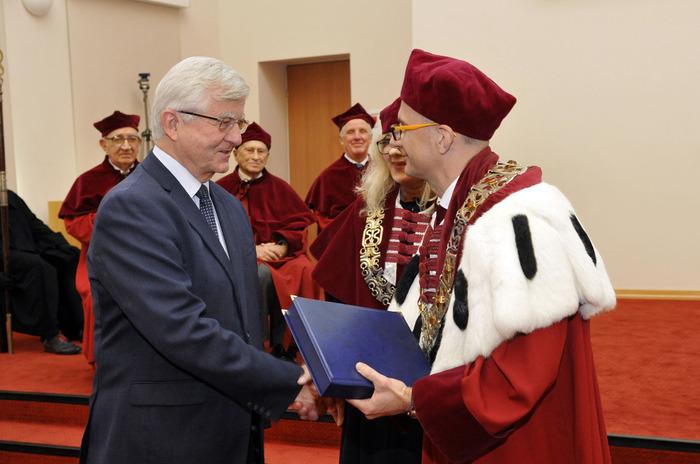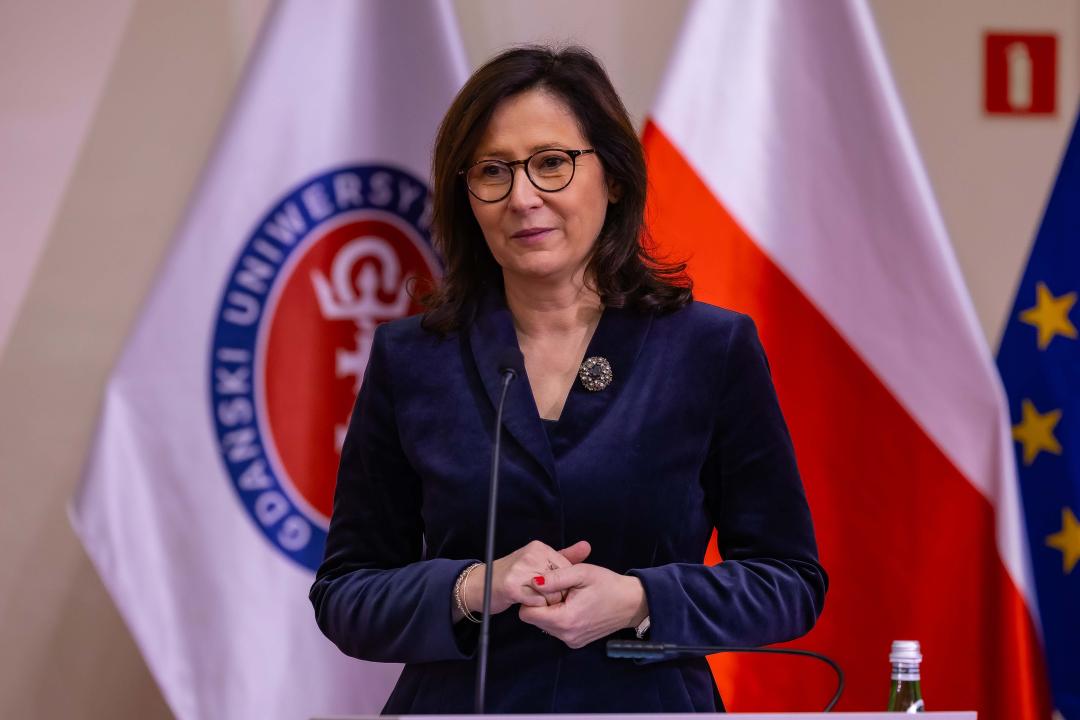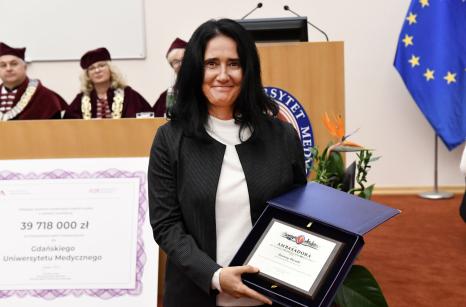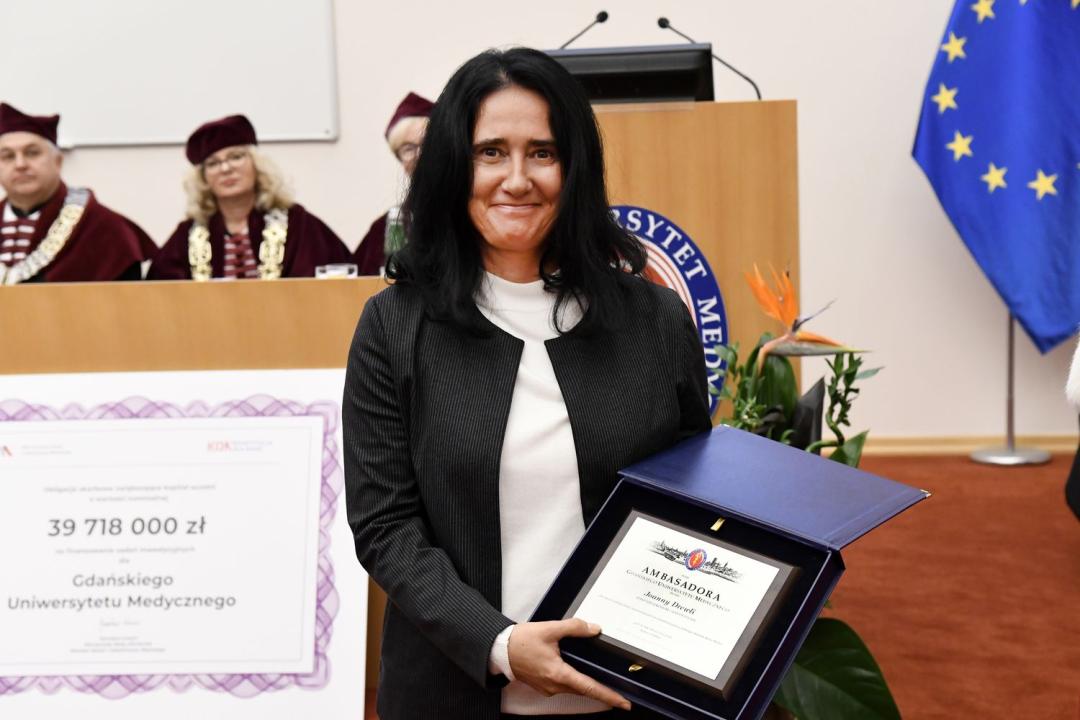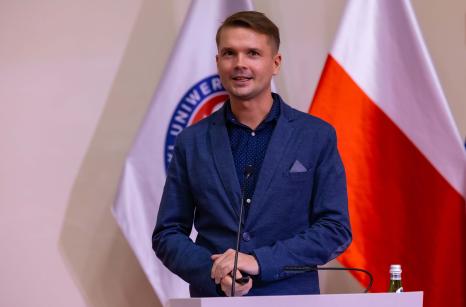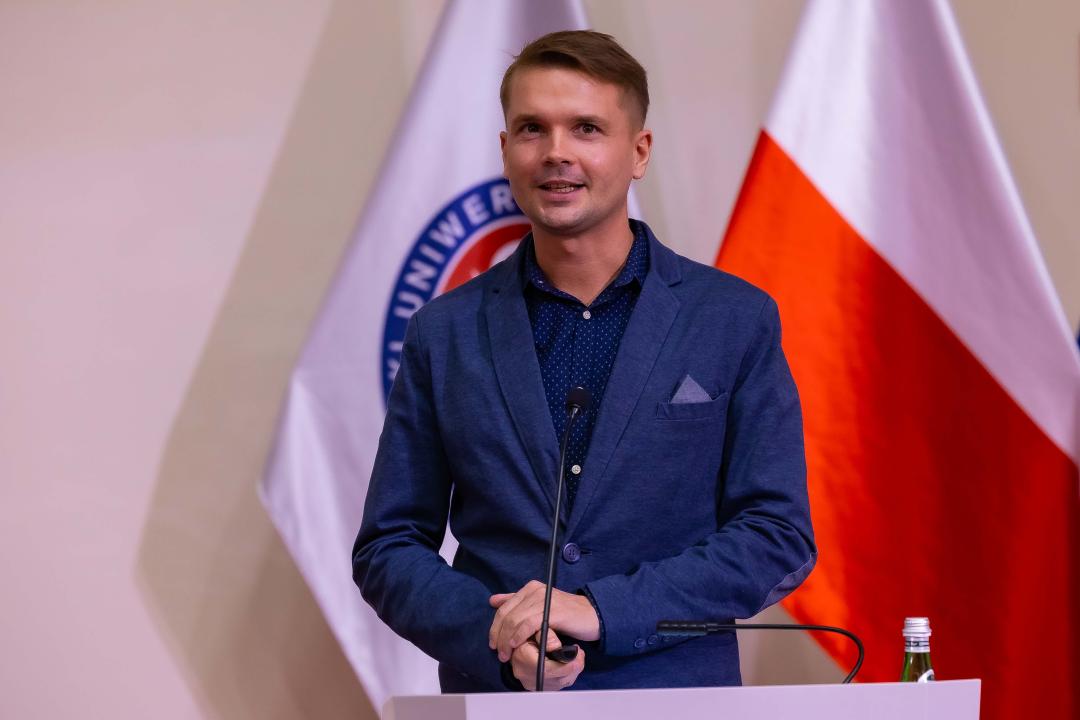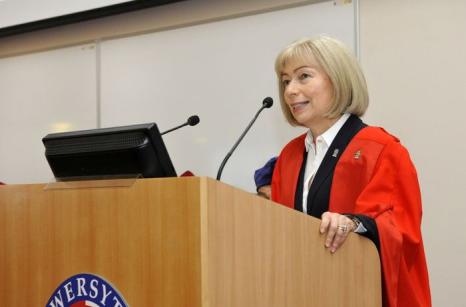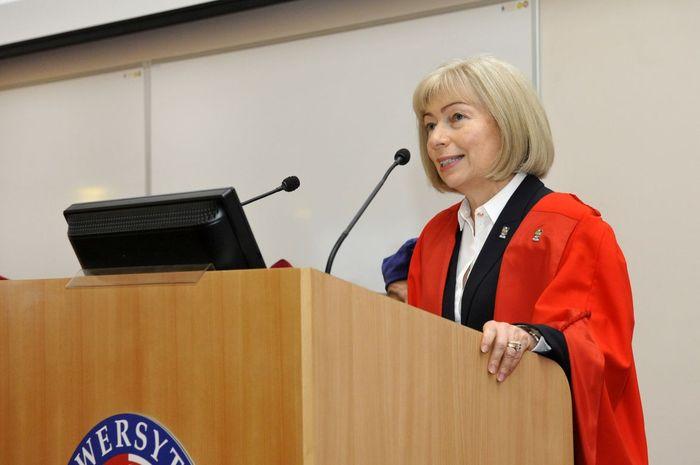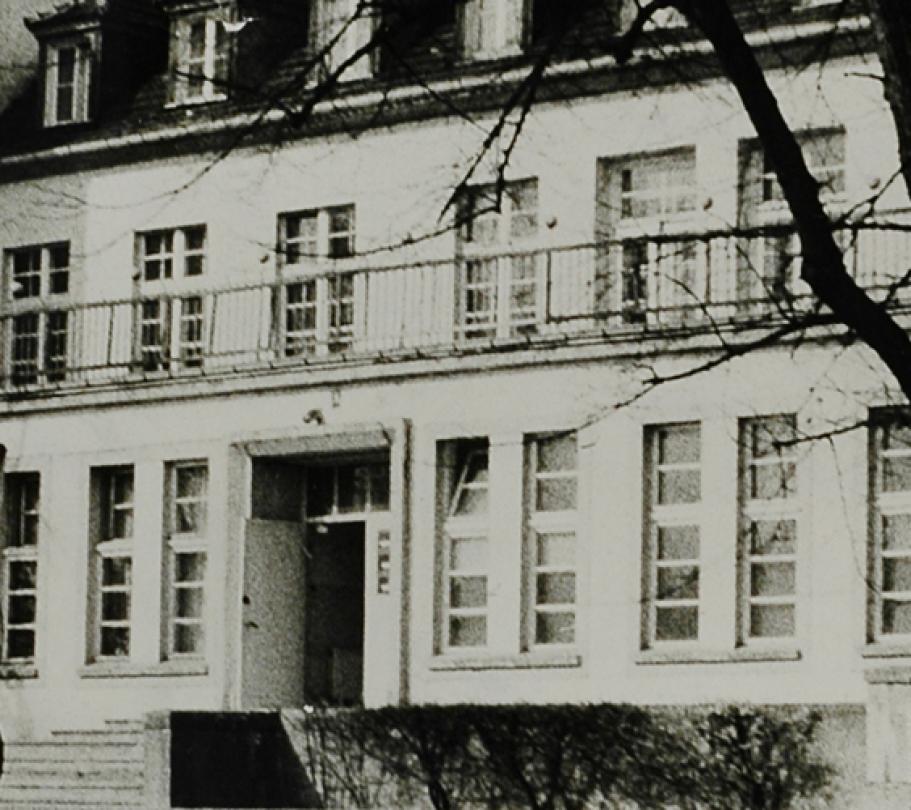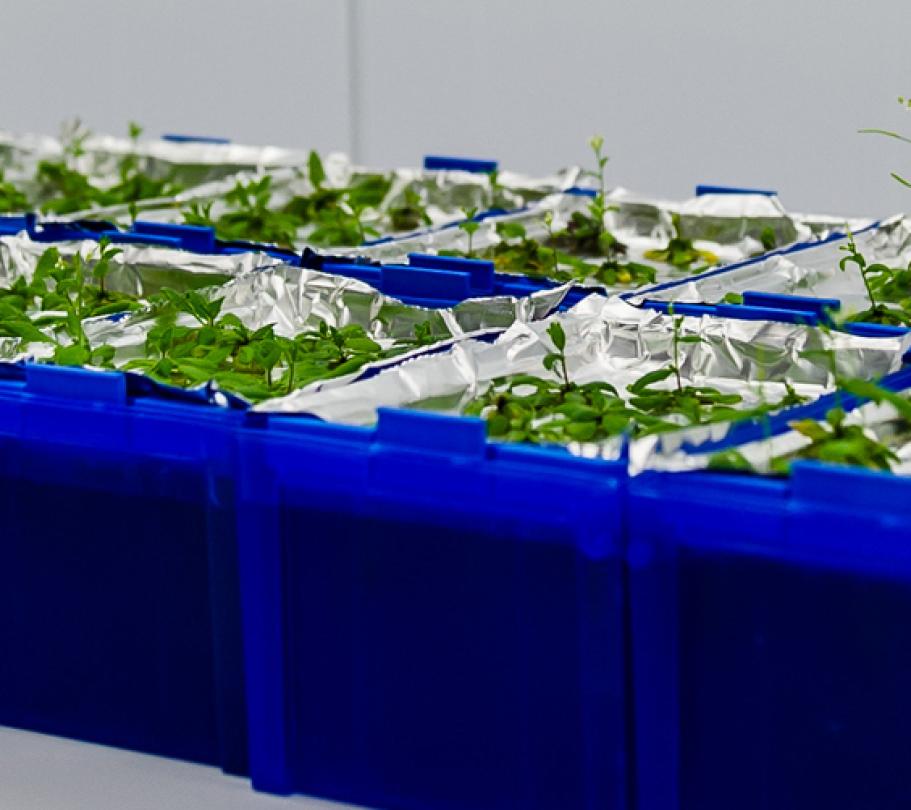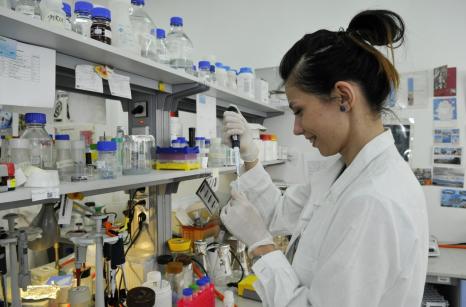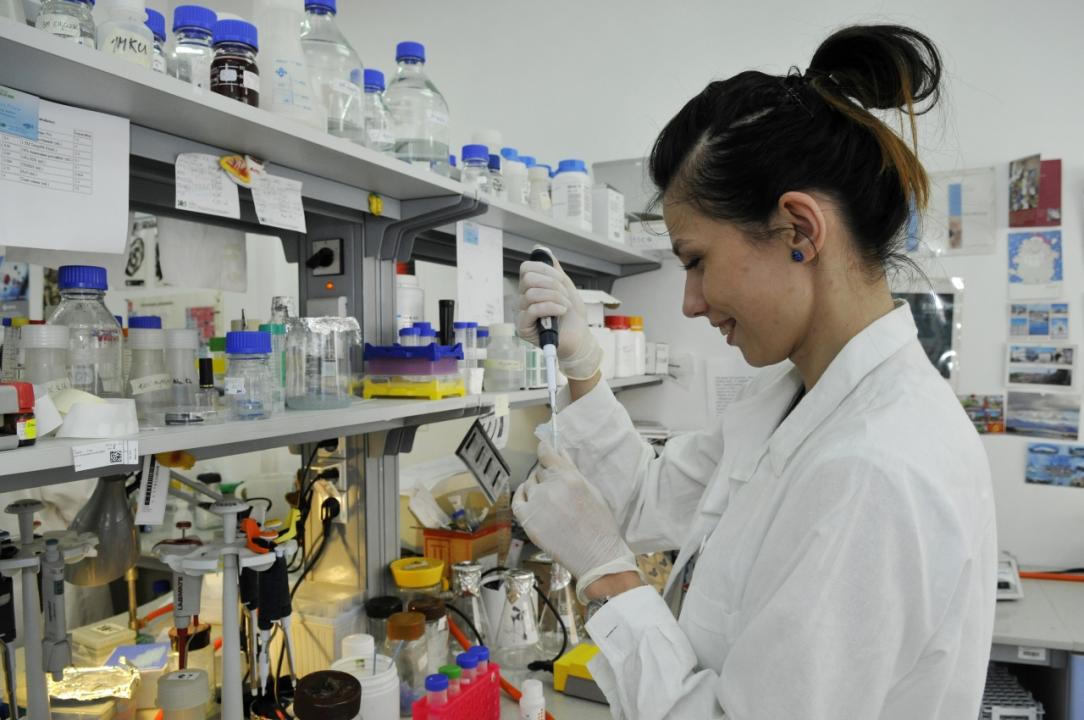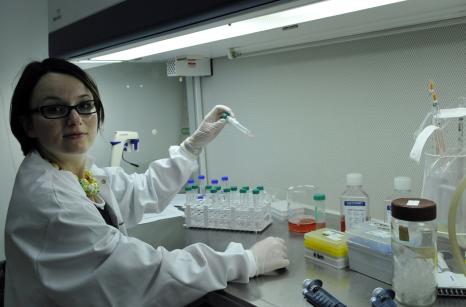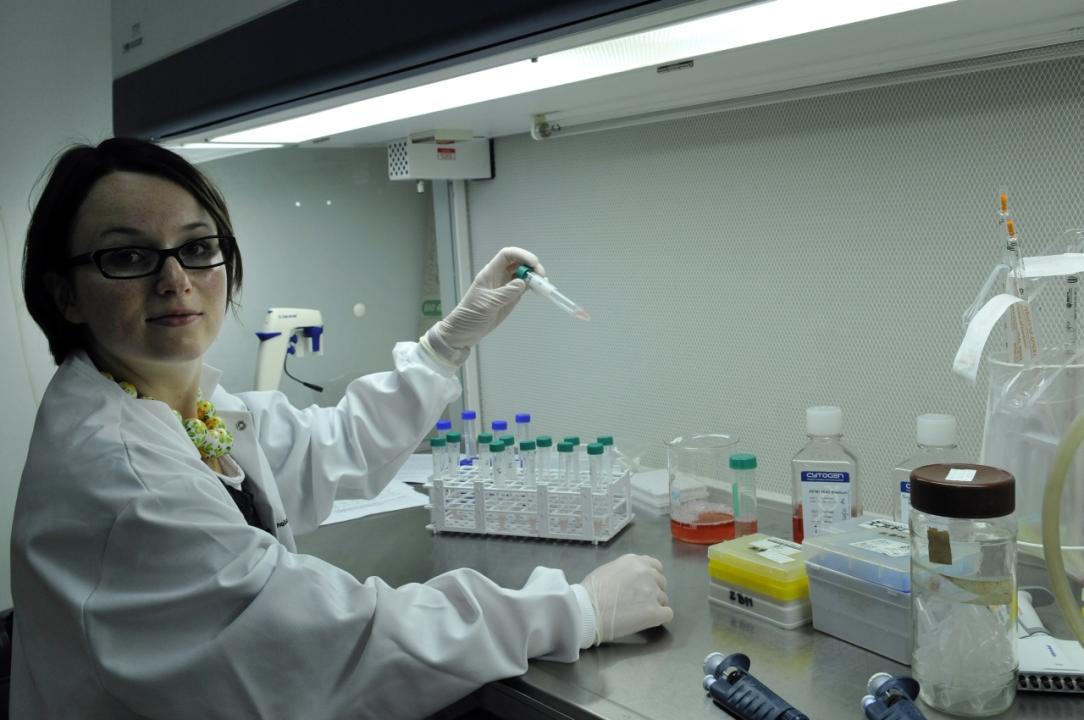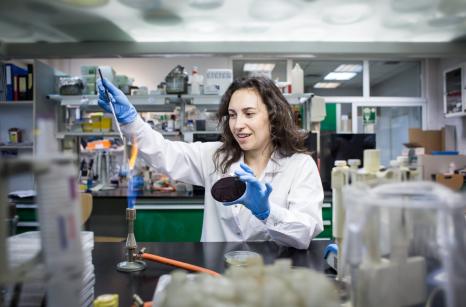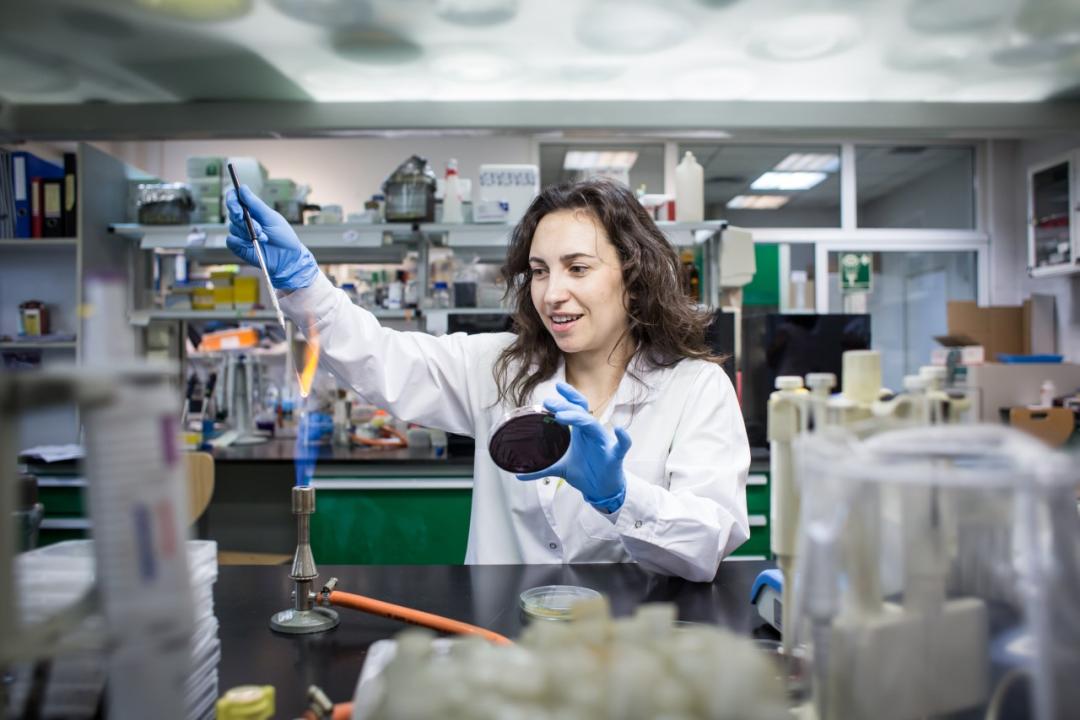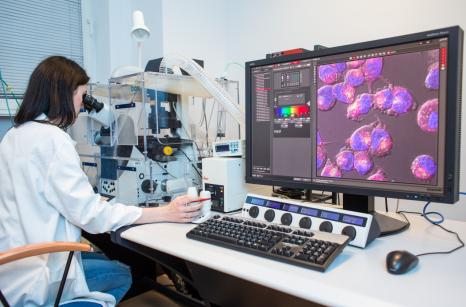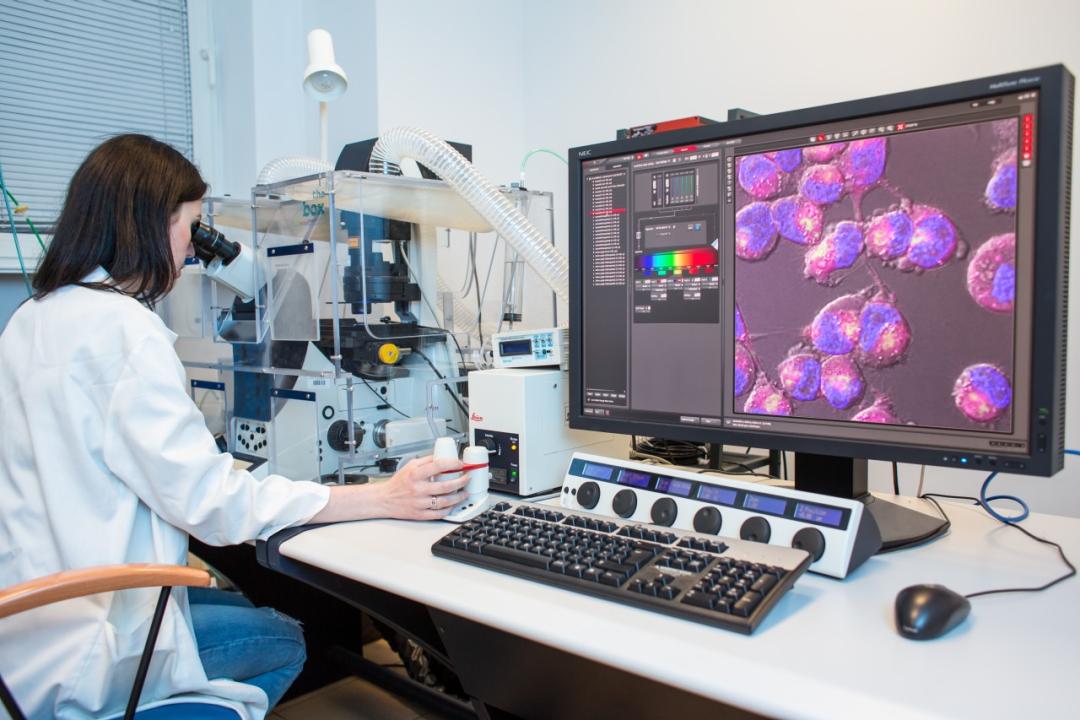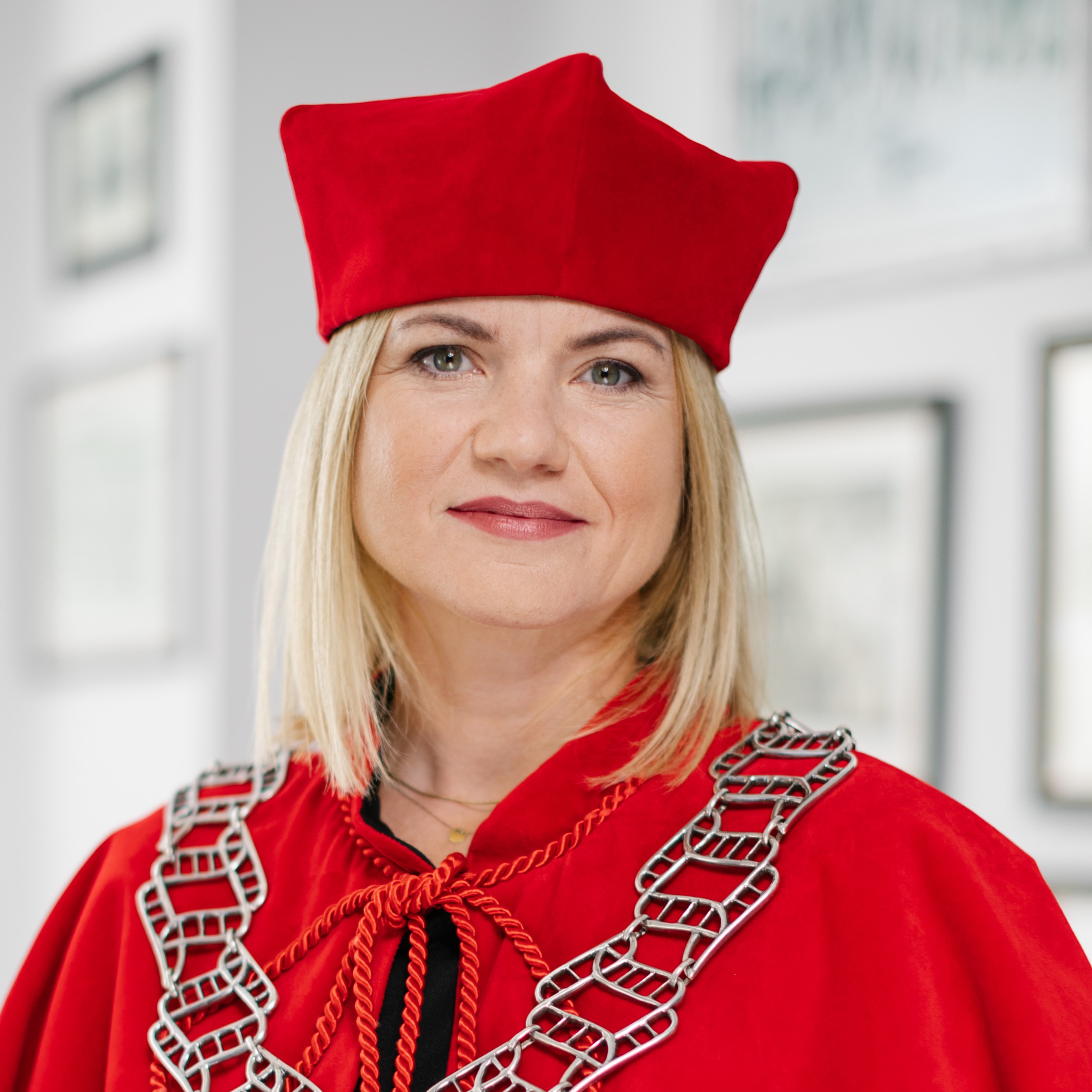Financing institution: The Polish National Agency for Academic Exchange (NAWA)
Program title: STER NAWA – Internationalization of Doctoral Schools
Funding amount: PLN 1 947 000,00
Agreement no: BPI/STE/2023/1/00013/U/00001
Project title: „Doktorat ponad granicami” (“PhD across borders”)
Implementation period: from January 1, 2024 to December 31, 2026.
Acronym: IntPhD
Project manager: Prof. Iwona Inkielewicz-Stępniak, M.D., Ph.D.
The STER NAWA program – internationalization of doctoral schools aims to support the internationalization of doctoral schools in terms of improving the quality of education and research, increasing the international mobility of doctoral students and attracting doctoral students and supervisors from abroad by Polish centres.
Project main objectives:
- improving the quality of doctoral student’s education
- increasing the number of foreign PhD students
- involving foreign scientists in the education process, including conducting classes/consultations, joint doctorates, foreign supervisors
- strengthening the First MUG Doctoral School’s brand and its recognition abroad
- obtaining good practices from foreign research centers in modern doctoral education, focused on their professional and scientific needs
- exchange of experiences regarding international scientific research results
Tasks carried out within the project include:
- Scholarships for the best foreign doctoral students and the best doctoral students from Poland implementing doctoral projects in international cooperation as part of an international doctoral program, in particular aiming to obtain a joint degree or double degree
- Support for the foreign mobility of the best doctoral students from Poland and abroad
- Lectures and guest seminars conducted by foreign professors
- Improving the competencies of doctoral students and staff participating in the Project, as well as First MUG Doctoral School’s teaching staff, through training.
- Organization of networking meetings, summer/winter schools and other events with the participation of PhD students
- Foreign mentoring
- Supporting good practices through, among others: study visits of First MUG Doctoral School Directors and other trips/arrivals related to the subject of the Project
- Expanding competencies in the field of international commercialization of scientific research results
- Preparation of foreign-language information materials, including information about MUG and the doctoral school addressed to foreign candidates for the First MUG Doctoral School
- Adaptation of existing websites and creation of new websites or IT tools to meet the needs of foreign PhD students
- Organization of meetings and information and promotional activities (including online)
- Activity at educational fairs
- Social media activity

